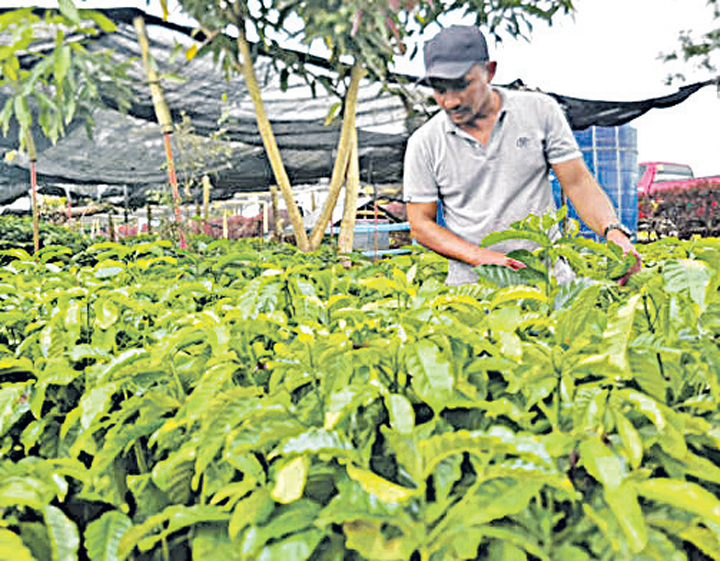Nestlé Philippines Inc. (Nestlé) on Monday said it has eased its procurement standards in its bid to increase the volume of coffee beans the multinational company buys from Filipino farmers.
However, executives of the multinational
company made an assurance to consumers that relaxing its procurement standards
will not compromise the quality of its coffee products.
Ma. Angela Primitiva A. Bautista, Nestlé
Corporate Affairs Executive, said the company has reduced its moisture content
requirement to 13 percent from 12 percent and removed some of parameters the
company implemented before.
“So we made the standards easier for farmers
so more could sell directly to us. This is part of our efforts to help farmers
reduce production cost, as it will allow them to sell faster,” Bautista told
reporters in a news briefing.
Bautista said the company now checks only the
presence of foreign matter and black and bean fragments in the coffee sold to
them by farmers. Previously, the company rejected moldy beans and stinker
beans.
Nestlé Vice President for Corporate Affairs
Ruth P. Novales said the company hopes that the move will “inspire” farmers to
plant more as this will enable them to increase their income.
“We are cognizant of the fact that the weather
in the Philippines is wet and very wet. To tell the farmers that their beans
should be dried well is too counterproductive and not inspiring,” Novales said.
“We have spread the standards to accommodate
more without sacrificing the quality of finished product. We want to increase
their yield. We will have nothing to buy if they cannot sell to us,” she added.
Novales disclosed that the company is now
having a difficult time sourcing local beans due to the detrimental effects of
climate change to coffee production, which has been declining in recent years.
She revealed that the company is now planning
to source robusta coffee beans in Luzon and Visayas to meet its demand. Nestlé
buys about 60 percent of the country’s annual robusta coffee production.
Novales urged the government to put up
strategic trading posts near coffee-producing provinces in Luzon and Mindanao
where buyers like Nestlé could go and procure their requirements. Through
trading posts, Novales said there would be economies of scale that will benefit
both the farmers and the manufacturers.
“We would like to buy locally as far as we can where they
are. [We hope] the government can devise ways to encourage farmers to
consolidate in specific areas so that buyers like us will go there,” she said.


